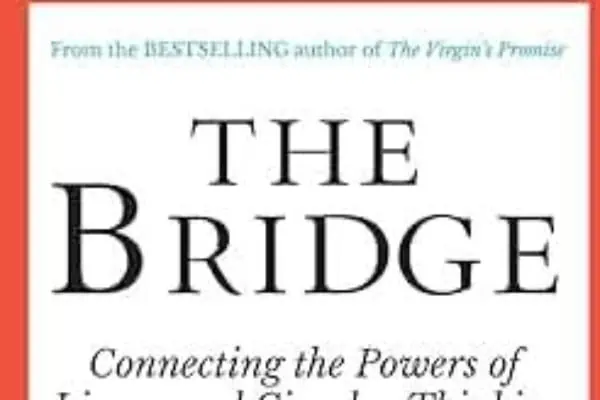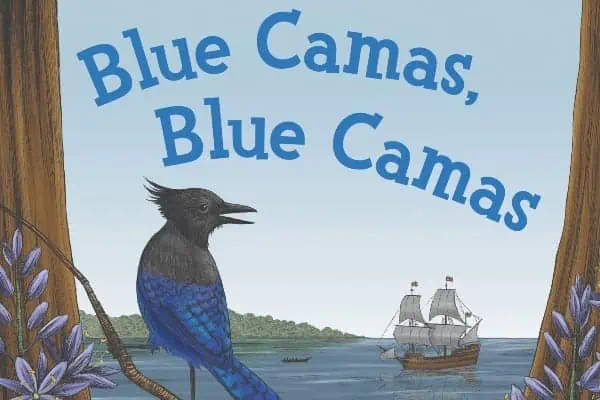The editor at What’s Up Yukon doesn’t often receive handwritten letters, but there were two on file when I arrived. We’ve sent Mrs. Schorn a copy of her letter in print and I hope she’s found some new penpals from our efforts.
The other letter on file was from Ray, a man who is currently incarcerated in a Texas prison. Ray requested some copies of What’s Up Yukon, because he’d seen the magazine once and loves Alaska.
As part of our due diligence before providing him with any copies, I went to research Ray online to see if there was a public record of him. I thought a news story may exist online that references him and his charges. I was quite surprised to find that individuals currently incarcerated in the Texas prison system are all publicly listed online on a website.
Ray, it appeared, had been arrested for a number of infractions including breaking and entering, theft and auto theft. However, his most recent indictments were an additional 30 years for grand escape, or breaking out of prison. I like to think he made it to Alaska and that’s where he found a copy of What’s Up Yukon.
However, discovering this online registry of Texan prison inmates raised questions about an individual’s permanent online presence. The data may eventually come down, but somewhere a webcrawler or data compiler has taken that online information and will store it permanently.
It’s lesson to remember for all of us. We treat our social media accounts, our email addresses and our Google searches as common practice, but behind each post or like, each shared email and each search is a database building up our personal profile and that profile will likely outlive any of us.
And more importantly, that information is used to personalize your experience on the Internet. A book called The Filter Bubble discusses this phenomenon of a shrinking experience on the Internet. All that data collected on you – your searches, the things you liked on social media, and the items you’ve bought off Amazon – all create a filter that is used to promote content that you seem to like.
The book suggests it’s a mirror-effect. The more we interact with the Internet, the better content providers understand us and provide us with content that we like and want to see. The Internet starts to reflect our own beliefs, interests and hobbies back to us, which can influence our paradigm. We begin to think that the world is just like us.
This article isn’t intended to label the Internet as a bad creation. I’d argue that it is the single most influential invention since the printing press and has accelerated human development, expanded our capacity for learning and connected humanity more than ever. But it’s important that everyone know and remember that every bit of personal information we share online is being chronicled somewhere and personalizes our experience. It’s that awareness that will help people continue to expand their experiences and not get trapped in their own mirrored Internet.




